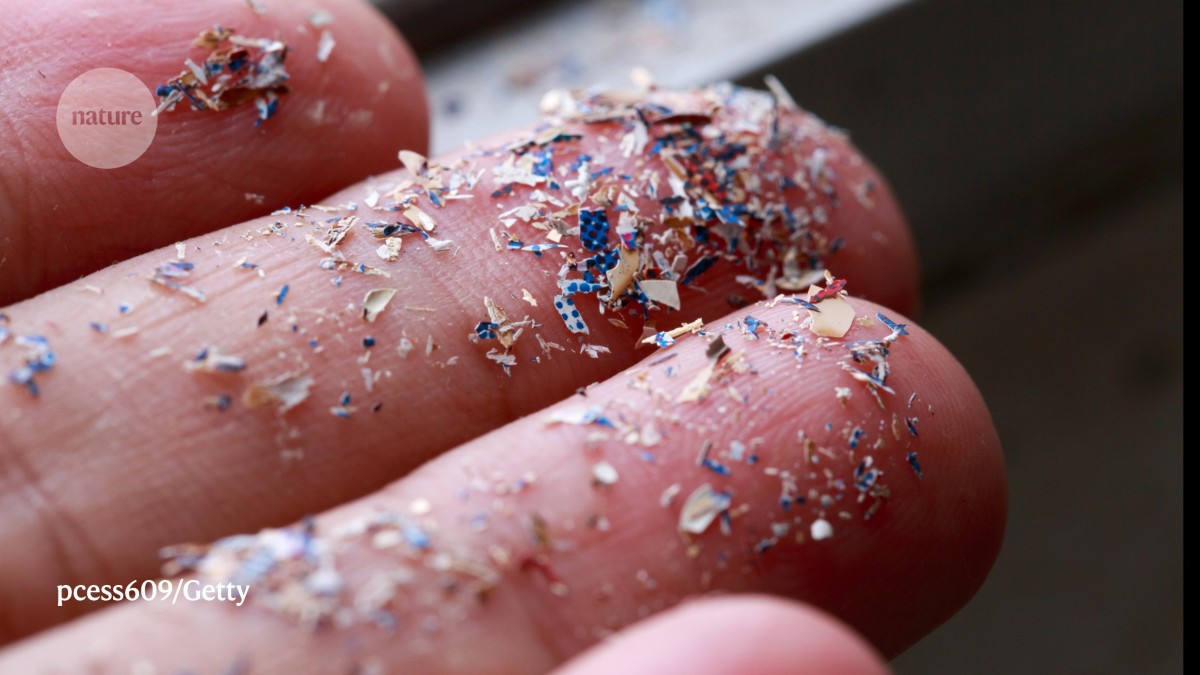
"As fossil-fuel derivatives, plastics are made of refined carbon. By 2015, about 6.3 billion tonnes of plastic waste had been generated, with around 79% of this accumulating in landfills or the natural environment, where it breaks into ever smaller pieces. Each year, plastic production increases exponentially: the total weight of carbon in plastic has surpassed the mass of all animals combined, and is likely to equal the mass of all bacteria by 2095 (see 'Litter legacy')."
"By some estimates, plastic production contributes at least 4% of global greenhouse-gas emissions. However, once plastic enters the environment, it's less well known how it affects Earth's carbon cycle - the process that moves carbon between living organisms and the soil, oceans and atmosphere. As plastic degrades, it seeps into these environments, where studies suggest it interferes with crucial systems that regulate atmospheric carbon dioxide and stabilize global temperatures -."
Karin Kvale became interested in plastic pollution after observing children collect plastic fragments on a beach and applied Earth-systems modelling to study potential system impacts. Kvale formed Aotearoa Blue Ocean Research and joined scientists studying the plastic cycle: how plastic enters earth systems, moves through environments and affects surroundings. Plastics are refined carbon from fossil fuels; by 2015 about 6.3 billion tonnes of plastic waste existed, with roughly 79% accumulating in landfills or the natural environment and fragmenting. Plastic production grows exponentially, its carbon mass rivals major biomass groups, contributes to greenhouse-gas emissions, and degrades into dust that can alter carbon-cycle processes and climate regulation.
Read at Nature
Unable to calculate read time
Collection
[
|
...
]